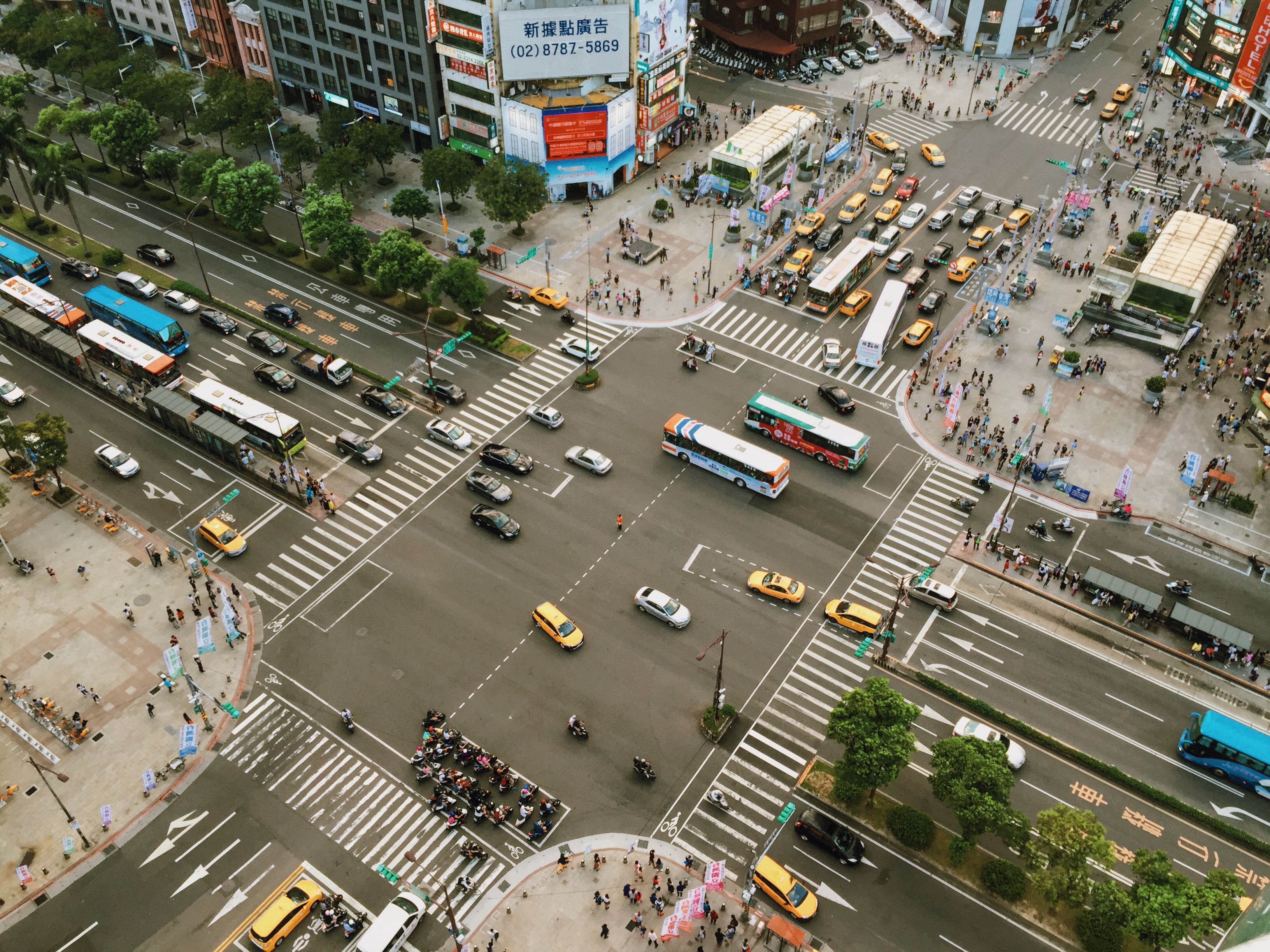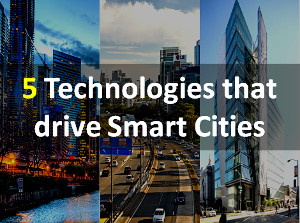Why Driverless Delivery of Goods Will Come Sooner than the Delivery of Passengers

It seems those who are looking forward to riding in driverless cars would have to wait longer. Business realities seem to favor the launching of driverless delivery trucks before driverless passenger cars. In other words, before we can enjoy the services of driverless cars, we will first see robot vehicles delivering consumer goods. This is the recent prognosis of
The Business Prospect For Driverless Delivery Is Better
Apparently, big business has seen that driverless trucks have more profit potential than driverless cars. Since making money fast is what business is for, the obvious direction of
This sentiment is expressed by Ashwani Gupta, Renault-Nissan’s senior vice president of light commercial vehicle business. Gupta claims that before the transformation in passenger cars takes place, there will be a revolution in delivery trucks first. Once businessmen see that driverless delivery trucks will bring in greater revenues and that it will become more efficient, they will begin working on this idea first.
It seems that the potential market for driverless delivery trucks is huge. As it is, shopping online is increasingly being preferred by consumers all over the world rather than schlepping their purchases from the shopping malls. Last year, Amazon.com has delivered over 5 billion packages to its Prime members. Experts say that if Amazon would automate their deliveries, it will be able to reduce its delivery costs by 50 percent. This is the reason why McKinsey & Co., a business consultant, predicts that in less than 10 years; approximately 80 percent of consumer goods will be autonomously delivered.
A McKinsey senior partner, Asutoshi Padhi, says so. Padhi revealed that the interest of business on autonomous delivery has dramatically increased. The economics will compel businesses to adopt this idea and it will fundamentally transform the expectations of consumers, he added. One basic thing that will be affected is auto insurance. Since goods will be delivered autonomously by driverless trucks, what effect would this have on cheap auto insurance?
More Like A Teleportation Service?
It’s Been Tried And Tested
Peloton Technology has already tried and tested the idea and found that autonomous delivery trucks are possible. In fact, they found that these driverless vehicles have brought improvements in their operations when it comes to fuel consumption and safety. Their long-distance delivery trucks provided the perfect test-beds for this emerging autonomous delivery truck technology. Peloton’s offices in Silicon Valley, California has two huge gold and maroon truck cabs that are equipped with driverless tech. Josh Switkes,
It Has Many Advantages
Driverless delivery trucks have many advantages compared to autonomous passenger cars. They also have fewer safety issues because they are only transporting cargo and not humans. Since they are not carrying humans, there is also less concern about the time. While traditional taxi cabs and rental cars worry about the morning and evening rush, driverless trucks can travel the roads during the wee hours of the night.
Delivery trucks do their business run 24/7 and work best when there is no traffic. Robot delivery trucks can reduce the normal two-day delivery load of a traditional truck into just two hours. A truck solely focused on deliveries won’t need any driver and crew seats, thereby considerably reducing the need for creature comforts and therefore increase the truck’s ROI.


 Sia
Sia






